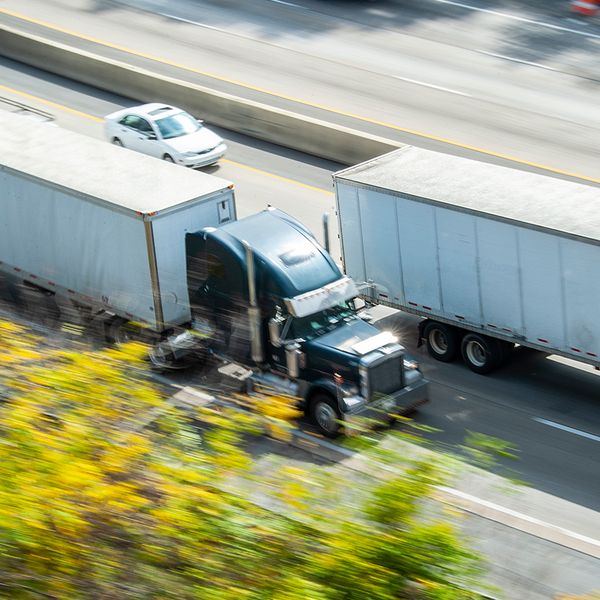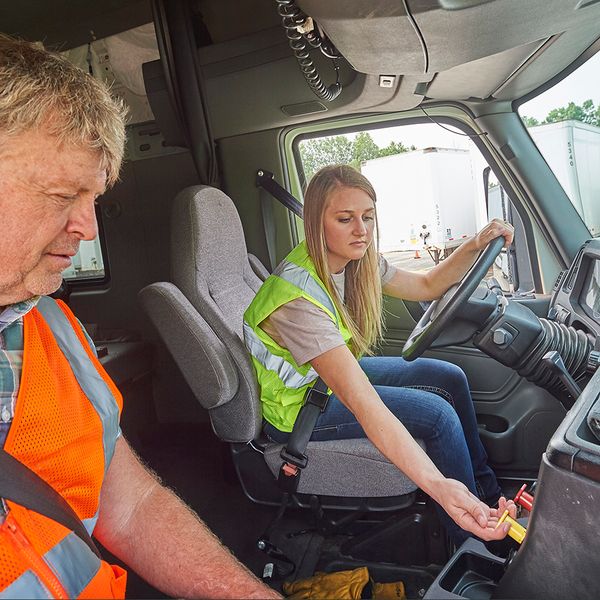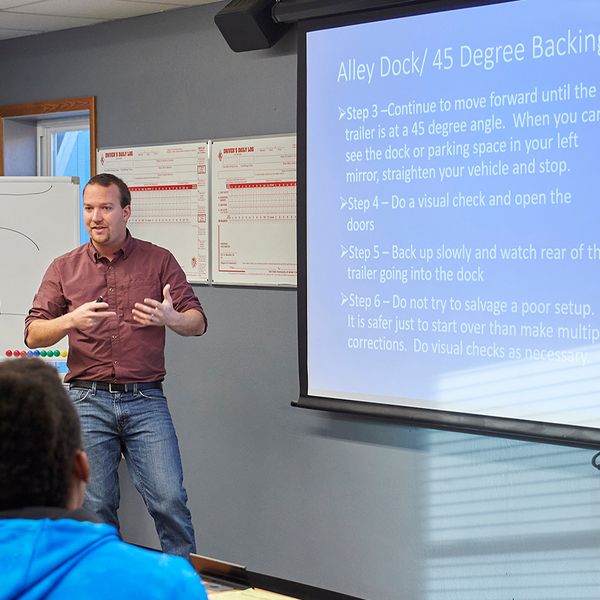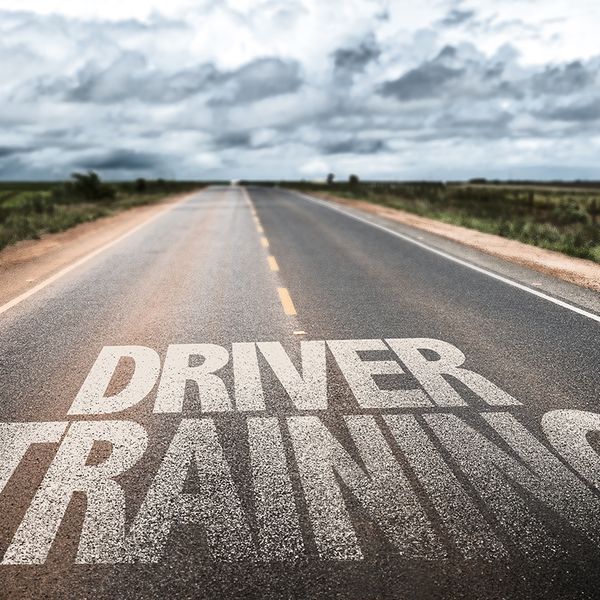Do you have what it takes to be an entry-level driver training instructor?
The new entry-level driver training (ELDT) regulations include provisions that driver training schools and their instructors must meet. So, what does it take to be an ELDT instructor? The following are the top five questions we have received on this subject.
1. What are the requirements?
Theory and behind-the-wheel instructors must hold an appropriate class of commercial driver’s license (CDL), including appropriate endorsement(s), and have either:
- A minimum of two years of experience driving a commercial motor vehicle requiring a CDL, including appropriate endorsement(s); or
- A minimum of two years of experience as a behind-the-wheel commercial motor vehicle instructor.
If the instructor’s CDL has been canceled, suspended, or revoked due to any of the disqualifying offenses identified in 383.51 of the Federal Motor Carrier Safety Regulations (FMCSRs), the instructor is prohibited from engaging in theory or behind-the-wheel instruction for two years following the date the CDL is reinstated.
Also, theory and behind-the-wheel instructors must meet all applicable state qualification requirements for commercial motor vehicle instructors.
2. Are there any exceptions to these requirements?
There is an exception to these requirements for theory and behind-the-wheel range instructors who no longer possess a CDL but have possessed a CDL previously.
Individuals who previously held a CDL of the same or higher class, with the appropriate endorsement(s) for the vehicle they are providing instruction on, may provide theory and/or behind-the-wheel range training. This exception does not apply to behind-the-wheel training on public roads.
Also, note that though there is an exception, these individuals must meet all applicable state CMV instructor requirements.
3. Can an individual who is well versed in the hazardous materials regulations, but does not possess a CDL, conduct hazardous materials endorsement theory instruction?
No, though your company may have an instructor who is well-versed in the Pipeline and Hazardous Materials Safety Administration’s (PHMSA) regulations, if the individual does not have a CDL with a hazardous materials endorsement, the individual may not conduct hazmat endorsement ELDT.
4. Does an instructor need to register on the Training Provider Registry (TPR)?
No, there isn’t a separate registration requirement for ELDT instructors.
5. Does an instructor need to be certified by FMCSA?
No. FMCSA does not certify instructors. It is up to the training provider to determine whether its instructors meet the ELDT regulation’s minimum standards.
Key to remember: Though not required to register or be certified by FMCSA, all instructors must meet specific requirements to provide theory and behind-the-wheel ELDT.






















































